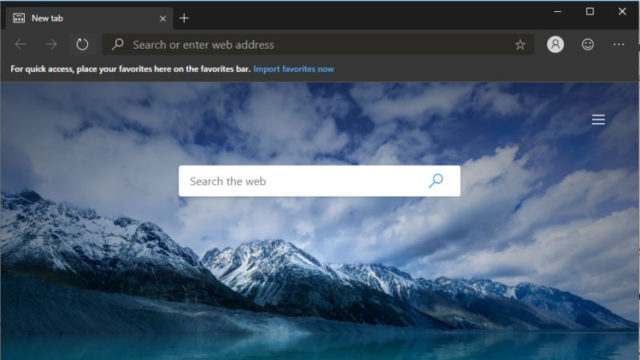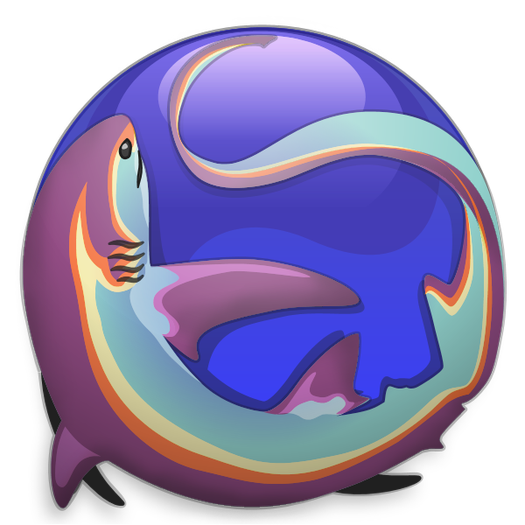

Suite/common/permissions/, suite/common/dataman/ Ian Neal (IanN), Robert Kaiser (:KaiRo) (Data Manager)ĭan Veditz (:dveditz) (backend integration), Karsten Düsterloh (Mnyromyr), Neil Rashbrook (Neil)
#Mozilla seamonkey web browser. code
UI for Passwords, PopUp/Image blocking, Cookies Wallet (Backend code for most of those is shared) Ian Neal (IanN), Karsten Düsterloh (Mnyromyr), Neil Rashbrook (Neil) Suite/common/bookmarks/, suite/common/history/, suite/common/places/Īsk a SeaMonkey Browser owner or peer for reviewĭownload Manager, helper apps, open/save files Includes adding, deleting, editing bookmarks, problems with Bookmarks Manager, Bookmarks toolbar and menu, History window and "Go" menu Navigator UI and parts of the suite that are mainly used by the browser (some may be shared with Mail or Composer to a certain extent though)

Robert Kaiser (:KaiRo), Manuel Reimer (MReimer), Philip Chee (Ratty), Stefan (:stefanh) That's about the nicest things we can honestly say about it.Ian Neal (IanN), Karsten Düsterloh (Mnyromyr)Īchieving consistency throughout the product both internally and externally SeaMonkey exists, and it can be used as a web browser. If you compare that to something like NAVER whale, which has built-in video conferencing and much more, then it is hard to argue that the plain and wildly outdated applications in the SeaMonkey "suite" bring much to the table. These are what constitutes SeaMonkey's value proposition you get a (barely) usable e-mail client and a barely usable IRC client built right into your web browser. The "applications" in the "Application Suite" aren't all that. It is alright, but there isn't really any compelling reason to use SeaMonkey over Chromium based browsers or, if you want the same rendering engine Firefox uses, plain Mozilla Firefox. working web browser based on the same rendering engine Mozilla Firefox uses. There is an address book for it that works alright. It has some shortcomings, but it works fine. The e-mail client is largely based on older versions of the Thunderbird e-mail client. There are a few odd bugs in the HTML editor that, if memory serves, were there in the late 1990s when what later became SeaMonkey was known as "Netscape Communicator". Today it's something those who lived through the 1990s can fondly look at as a reminder of those days it has no other practical purpose what so ever. The HTML page editor is something that would have looked neat and impressive in the early 1990s. That is specially noticeable in the non-browser parts of the SeaMonkey "application suite". SeaMonkey development has essentially stood still for decades. There are some nice gems among those that are available to be used in SeaMonkey, but not current Firefox versions, but it makes it very hard to switch from Chromium or Firefox to SeaMonkey if there are 5-10 extensions you are accustomed to using. This means that only older (outdated) no longer updated Firefox extensions can be used by SeaMonkey.

SeaMonkey is unable to use these new extensions. Then Firefox went ahead and deprecated all the good extensions for that browser and required all new extensions to use a new API. It used to support the same extensions as Firefox. Support for, or lack thereof, web browser extensions is the biggest flaw in SeaMonkey's web browser functionality. SeaMonkey can render web pages as they should be rendered, and more advanced web pages relying on heavy JavaScript-use work fine. The rendering engine in modern 2.5x.x versions use the rendering engine from a recent Mozilla Firefox LTS release. The web browser part of SeaMonkey used to be used on its own thing. The non-browser parts have barely been maintained the last decade, they are nearly identical to what they were 20 years ago. The other "applications" in the SeaMonkey "application suite" are there and they can be used to read and write e-mail and chat on IRC. SeaMonkey v2.53.7 with a web browser window and the built-in HTML editor, and the buit-in ChatZilla IRC client.


 0 kommentar(er)
0 kommentar(er)
